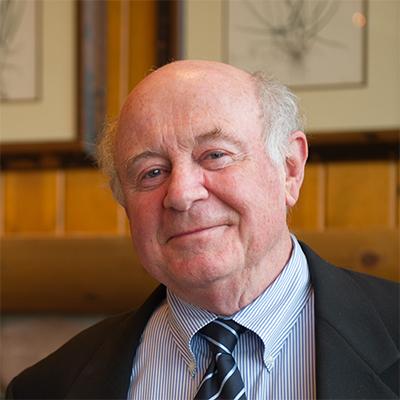This commentary by Paul Hill originally appeared on the School Superintendent Association’s website in The Leading Edge Blog.
We at CRPE have been working with superintendent-led initiatives for nearly three decades. We’ve seen a lot of smart and committed people try sensible initiatives, but often fall short of making lasting improvements in the schools.
As we have seen, the most common mechanism for the failure of good ideas is local politics, in the form of opposition from unions, neighborhood groups, the school board or the central office. We also saw that the man or woman on horseback – who presents a fully developed plan, presumes cooperation and brooks no opposition –doesn’t last long, and his or her work usually disappears without a trace.
As political scientists, Ashley Jochim and I had seen this before, in what might seem a surprising place, the American presidency.
A classic book on our field, Richard E. Neustadt’s Presidential Power, starts from the premise that presidents are responsible for a wider range of activities than they can control directly, and that things they try to do all by themselves mostly fail and often backfire. The president’s only real power is to gain the cooperation of other free agents who don’t need to go along.
Thinking that exposure to Neustadt’s principles might be helpful to current and aspiring district leaders, we looked back at dozens of interviews and case studies for examples of superintendents using power effectively, or failing to do so. We’ve just published the result in our new paper, Unlocking Potential: How Political Skill can Maximize Superintendent Effectiveness. As we show, superintendents gain the power to be effective by:
- Bargaining and building coalitions.
- Developing and capitalizing on a professional reputation, based on having clear goals, being resilient and a trustworthy ally, and following through.
- Always being aware of how particular actions affect their ability to bargain effectively in the future.
Our report unpacks these generalities and provides examples. We hope readers will benefit by seeing politics as a resource and a means to effectiveness, not just a source of annoyance and constraint.



